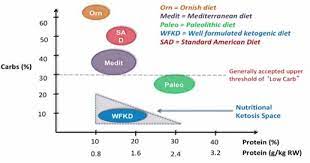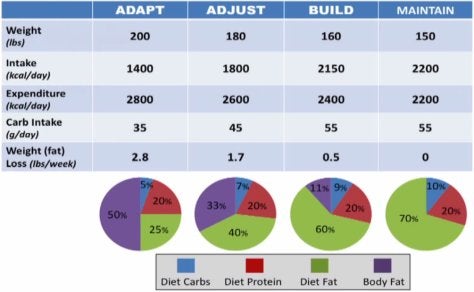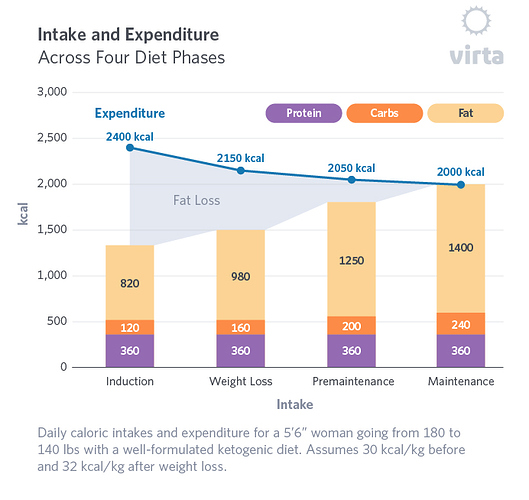I found from testing myself and around 50 others over the years, that carb sources from green veg don’t need to be counted to the carb content.
Just the 10g total refined carb sources ie peanut butter/nuts / fruits etc.
But it needed to be separated by at least 5hrs if you wanted to dip in a few times a day.
You cant save them up till the end of the day and go for 30g refined carbs in a single meal otherwise you’ll get knocked out and will take time to readapt.
It is completely optional and not required.
Main point the end of the day prioritise protein which Is much better paulsed throughout the day as we have a limited storage of amino acids.
Fats ensure you have enough for bile to function correctly (it will make up the highest macro but is moderated pending your goal and if your at your goal needs to be high enough to not loose weight)
And again carbs will be the smallest percentage, but highlighting the amount that can be consumed without dipping out of ketosis.








